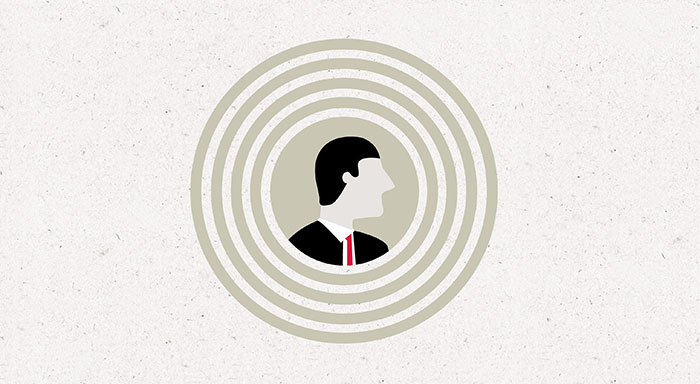
About us
Press Room

On 3rd April, the Government of Andorra started its 2017 Personal Income Tax (IRPF) collection campaign. Who has to make an IRPF declaration? IRPF is a tax on the income of natural persons who are considered to be resident in Andorra for tax purposes. All income falls within the scope of IRPF regardless of the […]
On 3rd April, the Government of Andorra started its 2017 Personal Income Tax (IRPF) collection campaign.
Who has to make an IRPF declaration?
IRPF is a tax on the income of natural persons who are considered to be resident in Andorra for tax purposes. All income falls within the scope of IRPF regardless of the place in which it arises or of the state in which the payer may be established. A person is liable to pay IRPF if he or she spends more than 183 days in Andorra in any calendar year and if his or her economic activity or economic interests are principally based, whether directly or indirectly, in Andorra.
Cross-border workers who commute daily to Andorra from France or Spain and who are engaged by businesses which are themselves tax residents of Andorra, are not considered to be tax residents of Andorra. The income of cross-border and temporary workers will be subject to income tax for non-residents, and they may opt for the application of the special regime of that tax. The special regime allows them to pay tax under the general rules set forth in the IRPF Act.
Exceptions
Taxpayers who receive income from real estate and income from employment (if any) which in aggregate are less than €24,000 in the tax year are not obliged to make a declaration. This rule also applies when the taxpayer, in addition to any income from real estate and employment as described, receives income from capital which has been subject to withholding or exempt income which, under Article 55 of the IRPF Act, does not fall to be declared for IRPF. However, if the taxpayer receives other income which is subject to IRPF, he or she must declare all his or her income with the sole exception of exempt income.
Taxpayers who only obtain earned income subject to withholding in excess of a total €24,000 can accept the proposal made by the Department for Taxes and Borders, and the acceptance of a proposal has the same effects as the submission of an income tax declaration.
Even so, the taxpayer must submit a declaration when he or she becomes aware of any discrepancy between the information in his or her records and that which appears in the proposal for the settlement of tax on earned income or when he or she has received income other than from employment which is not subject to settlement in this way.
Exempt income and income from capital which has been subject to withholding are not required to be declared.
Deadlines
The period for submission of declarations for the 2017 tax year is from 3rd April 2018 to 1st October 2018.
Submitting your declaration
You should fill in Form 300 which can be submitted in person at the offices of the Department of Taxes and Borders (DTF) or electronically through the Department’s website.
In-person submission requires you to make an appointment at the following link: http://citapreviaat.govern.ad/InlineAppointments/
To submit your declaration electronically, you must enter your username and password into the Mòdul d’Identificació en Línia (MIL: Online Identification Module) in the DTF’s virtual office and follow the instructions at this link:
https://www.impostos.ad/images/stories/campanya_irpf17/ComFerDeclaracioOnlineIRPF.pdf
Preparing your declaration
To help you in preparing your income tax declaration, Andbank provides a summary statement for each of the accounts that you have with us.
You can access these statements via our home-banking platform (e-andbank) on Andbank’s website. You can find a guide by following this link.